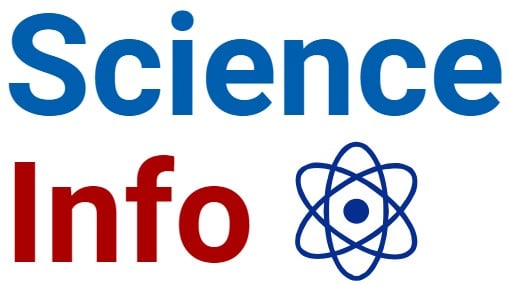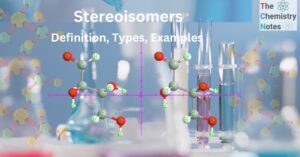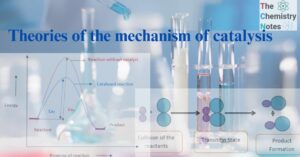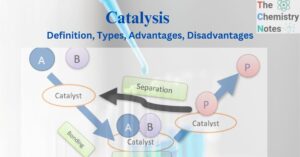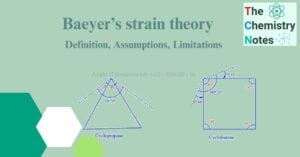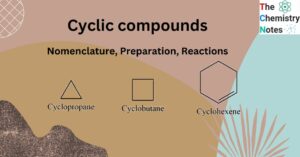Stereoisomers: Definition, Types, Examples
Stereochemistry is the branch of science that deals with the structure in three dimensions. Stereochemistry is the study of stereoisomers and covers the entire spectrum of chemical, 3dinorganic, biological, physical, and especially supramolecular chemistry. At least one carbon sp3- hybridized … Read more
